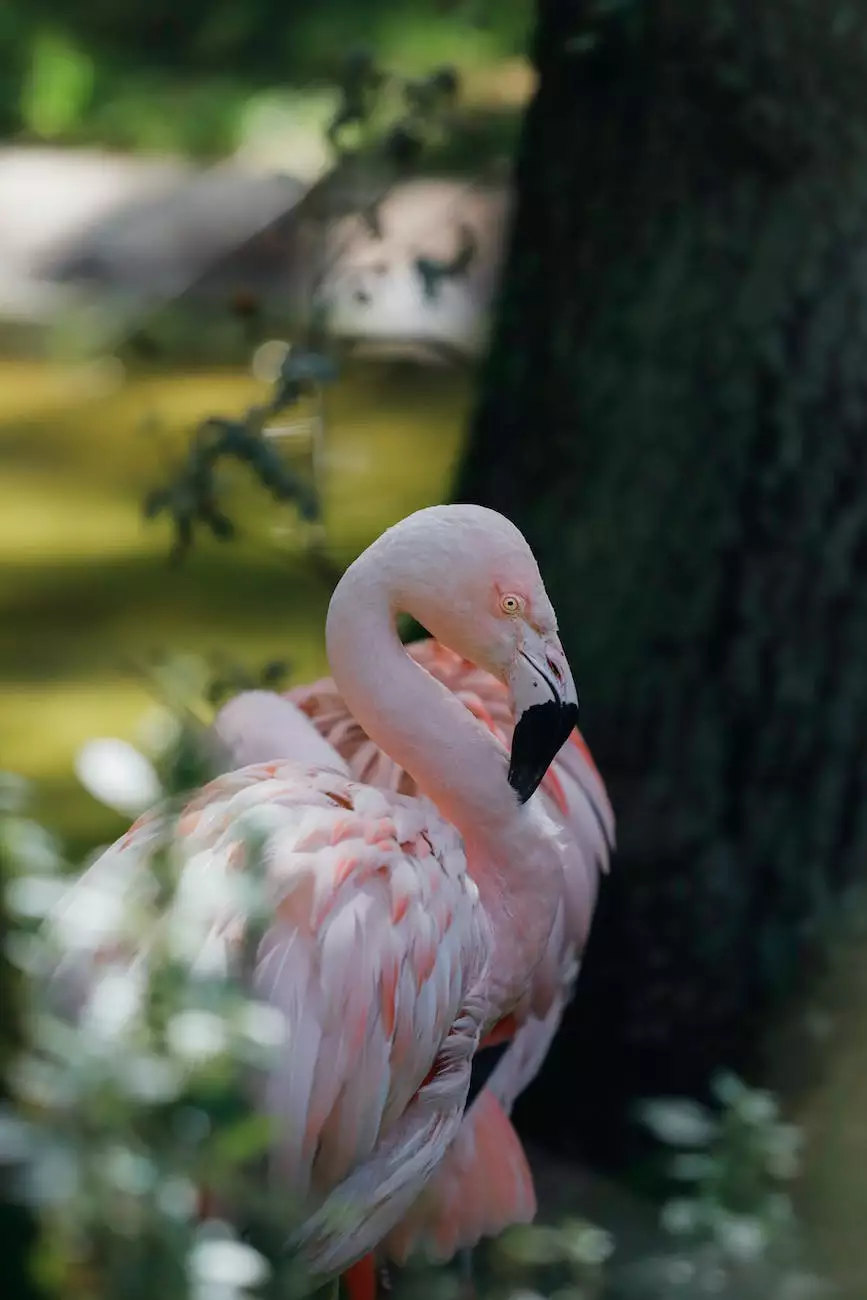Birds - Fairview Animal Hospital
Services
The World of Birds
Welcome to the world of birds at Fairview Animal Hospital. As a part of our commitment to providing comprehensive services for pets and animals, we specialize in the care and well-being of horses. However, birds also hold a special place within the pet community, and we believe it’s important to acknowledge and understand these fascinating creatures. In this article, we explore the diverse world of birds, including their species, behaviors, and care tips.
Bird Species and Their Characteristics
Birds encompass a wide range of species, each possessing unique characteristics that make them distinctive. Whether you are a bird enthusiast or simply curious about our feathered friends, understanding the different bird species can be both educational and enjoyable.
1. Parrots
Parrots are known for their vibrant colors, ability to mimic sounds, and strong beaks. They come in various types, such as Macaws, Cockatoos, and African Greys. Parrots are highly social creatures and require mental stimulation and interaction.
2. Finches
Finches are small songbirds that come in a variety of colors. They are known for their beautiful melodies and intricate nests. Finches thrive in a spacious cage with ample room to fly and interact with their fellow finches.
3. Canaries
Canaries are known for their melodious songs and vibrant plumage. These small birds are often kept as pets for their vocal abilities. Proper nutrition and a calm environment are essential for their well-being.
4. Budgerigars (Budgies)
Budgies, also known as parakeets, are popular pet birds. They are small in size and come in a variety of colors. Budgies are intelligent and can be trained to perform tricks or mimic sounds. They require a spacious cage and regular interaction with their owners.
5. Cockatiels
Cockatiels are lively birds originating from Australia. They are known for their crest and ability to whistle tunes. Cockatiels should be provided with plenty of toys and mental stimulation to prevent boredom.
Bird Behaviors and Communication
Birds use various forms of communication and exhibit fascinating behaviors within their social groups and environments. Understanding these behaviors can help ensure the well-being of your pet bird.
1. Vocalizations
Birds communicate through a range of vocalizations, including chirping, singing, and squawking. Each species has its own unique repertoire of sounds, often used to convey messages or establish territory.
2. Nesting Behaviors
Birds have diverse nesting behaviors. While some build intricate nests using twigs and materials, others create simple cavities or use existing tree hollows. Nesting preferences depend on the species and their natural habitats.
3. Feeding Habits
Birds have varied feeding habits. Some species are seed eaters, while others consume fruits, nectar, or insects. Understanding the feeding preferences of your pet bird ensures a healthy and balanced diet.
4. Mating Rituals
During mating season, birds engage in complex rituals to attract mates. These rituals often involve elaborate displays of plumage, songs, or dances. It is important to create an enabling environment for your pet bird during this period.
Care Tips for Keeping Birds
Proper care is crucial to ensure the well-being and happiness of pet birds. Here are essential care tips to consider when keeping birds as pets:
1. Create a Suitable Habitat
Provide your bird with a spacious cage, equipped with perches, toys, and nesting materials suitable for their species. The cage should be positioned away from drafty areas and direct sunlight.
2. Balanced Nutrition
Offer a well-balanced diet specific to your bird's species. This may include seeds, pellets, fresh fruits, and vegetables. Ensure a supply of clean, fresh water at all times.
3. Regular Veterinary Checkups
Schedule regular checkups with a qualified avian veterinarian to ensure your bird's health. Birds require vaccinations, periodic deworming, beak and nail trims, and overall assessments to detect any underlying health issues.
4. Mental Stimulation
Keep your bird mentally stimulated by providing toys, puzzles, and interactive objects. This helps prevent boredom and encourages natural behaviors.
5. Social Interaction
Many bird species thrive on social interaction, either with their own kind or with humans. Spend quality time with your bird, engaging in activities such as training, talking, or playing.
Conclusion
In conclusion, birds add beauty, joy, and companionship to our lives. Whether you own a pet bird or are considering adding one to your family, understanding their species, behaviors, and care requirements is essential. At Fairview Animal Hospital, we value the well-being of all pets and animals, including horses and birds. If you have any further questions or require specialized avian care, we are here to assist you.










